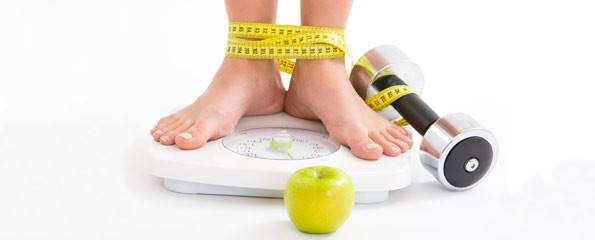Future doctors unaware of their obesity bias
Two out of five medical students have an unconscious bias against obese people, according to a new study by researchers at Wake Forest Baptist Medical Center. The study is published online ahead of print in the Journal of Academic Medicine. “Bias can affect clinical care and the doctore-patient relationship, and even a patient’s willingness or desire to go see their physician, so its crucial that we try to deal with any bias during medical school,” said David Miller, M.D., associate professor of internal medicine at Wake Forest Baptist and lead author of the study.
“Previous research has shown that on average, physicians have a strong anti-fat bias similiar to that of the general population. Doctors are more likely to assume that obese individuals won’t follow treatment plans, and they are less likely to respect obese patients than average weight patients,” Miller said.
Miller and colleagues conducted the study as part of their efforts to update the medical school’s curcciculum on obesity. The goa was to measure the prevalence of unconscious weight related biases among medical students and to determine whether the students were aware of those biases.
The three-year study included more than 300 third-year medical students at a medical school in southeastern United States from 2008 through 2011. The students were geographically diverse, representing at least 25 differemt states and 12 countries outside the United States.
The researchers used a computer program called the Weight Implicity Association Test (IAT) to measures students’ unconscious preferences for “fat” or “thin” individuals. Students also answered a survey assessing their conscious weight preferences. The authors determined if the students were aware of their bias by seeing if their IAT results matched their stated preferences.
Overall, 39 percent of medical students had a moderate to strong uncoscious anti-fat bias as compared to 17 percent who had a moderate to strong anti-thin bias. Less than 25 percent of students were aware of their biases.
“Because anti-fat stigma is so prevalent and a significant barrier to the treatment of obesity, teaching medical students to recognise and mitigate this bias is crucial to imrpoving the care for the two-thirds of American adults who are now overwight or obese,” Miller said. “Medical schools should address weight bias as part of a comprehensive obesity curriculum.”
While this study did not address which teaching strategies are most effective, Miller said that a prerequisite to combating prejudice is to first acknowledge its existence. At Wake Forest Baptist, all third-year medical students in the family medicine clerkshop must complete the online IAT, and then participate in an in-class discussion of their experience with bias. In addition students must accept that their bias could affect their actions and adopt new strategies to mitigate bias, he said.
(Source: Wake Forest Baptist Medical Center: Journal of Academic Medicine)
More information
 | For more information on obesity, health and social issues, and methods of weight loss, as well as some useful tools, see Obesity and Weight Loss. |
Dates
Created by:

 Login
Login














